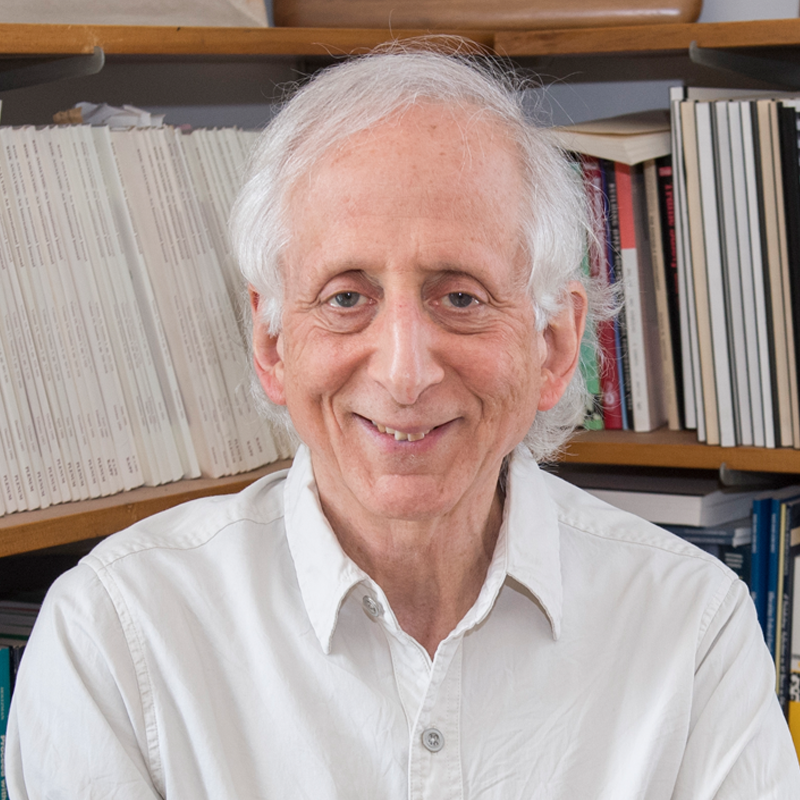2024 Rachel Carson Distinguished Anniversary Series Lecture by Baruch Fischhoff
February 22 (Thursday) at 9 am ET Register
Lecture title: Environmental Science and Behavioral Science Need One Another
Abstract: The future of our shared environment depends on wise decisions, by policymakers, voters, consumers, experts, workers, and investors. Environmental science projections and plans for that future depend on assumptions about those decisions. Behavioral science might inform that science in three ways.
One way is translating behavior research into terms that environmental scientists can use, to produce better projections and plans. The second way is improving communication between environmental scientists and those they hope to serve so that the science is more relevant and better understood. The third is supporting the judgment inherent to environmental science, by identifying and addressing its inherent limits. Accepting these challenges can advance behavioral science by engaging the novel, challenging issues posed by environmental science.
Reading
Fischhoff, B. (2021). Making behavioral science integral to climate science and action. Behavioural Public Policy, 5(4) 439-453. https://www.doi.org/10.1017/bpp.2020.38
Wong-Parodi, G., Krishnamurti, T., Davis, A.L., Schwartz, D., & Fischhoff, B. (2016). Integrating social science in climate and energy solutions: A decision science approach. Nature Climate Change, 6, 563-569. https://doi.org/10.1038/NCLIMATE2917
Baruch Fischhoff is Howard Heinz University Professor, Department ofEngineering and Public Policy and Institute for Politics and Strategy, Carnegie Mellon University. A graduate of the Detroit Public Schools, he holds a BS (mathematics, psychology) from Wayne State University and a PhD (psychology) from the Hebrew University of Jerusalem. He is a member of the National Academy of Sciences and the National Academy of Medicine, and past President of the Society for Judgment and Decision Making and the Society for Risk Analysis. He received the American Psychological Association Award for Distinguished Contribution to Psychology, Carnegie Mellon’s Ryan Award for Meritorious Teaching and College of Engineering Outstanding Mentoring Award, a Doctorate of Humanities honoris causa from Lund University, Andrew Carnegie Fellowship, and Sigma Xi William Procter Prize for Scientific Achievement. He has served on many advisory bodies, including recent ones on science communication, intelligence analysis, cybersecurity, global change, and pandemic disease.
Learn more about Dr. Fischhoff




 Print
Print Email
Email